Before I went to grade school, I had backyard school. I sat in a semi-circle with other kids from the neighborhood and we listened to the teacher. If I was four, the teacher was six. If I was five, then she was seven.
My teacher was my older sister, Cara.
She’s still teaching.
Just not me.
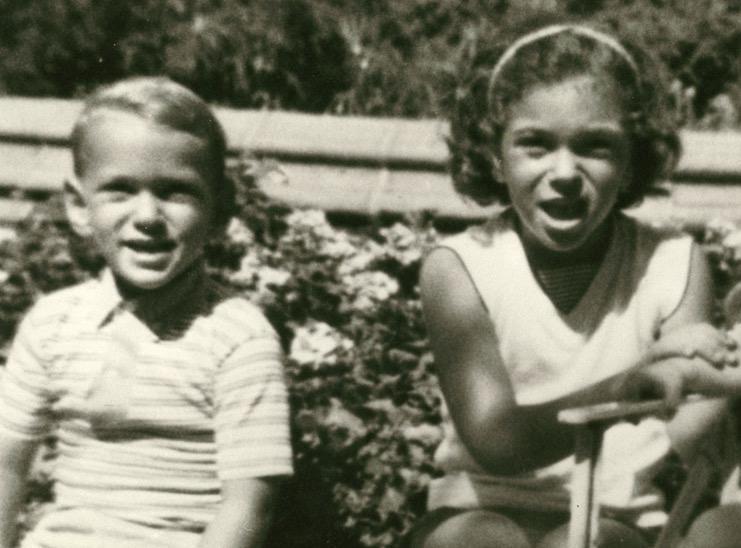
Mitch and Cara, circa none of your business. |
Today, Cara spends every waking minute (and no doubt some in her sleep) running the bilingual school for our orphanage. Her mornings start early. Her evenings run late. Every day, when she is not in Haiti, she faxes countless pages of lesson plans to our 15 teachers.
She designs the curriculum. She comes up with the resources. She tracks the progress of every single child. She hires the staff, a mix of Haitians, foreigners, and ex-pat volunteers, who teach everything from math, science and world history to Portuguese and woodworking.
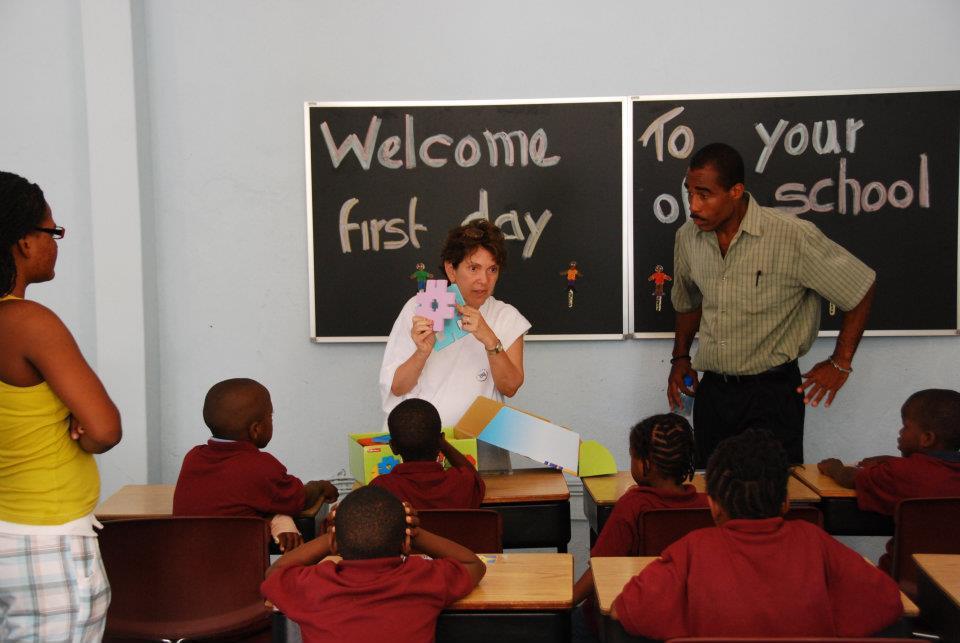
Cara at the front of the classroom, 2011 |
She has been doing this, free of charge, for more than a decade, ever since we cut the ribbon to open our school. It was a compact, three-room schoolhouse back then. Space was at a premium. Sometimes we had to split each room in half, and ask the left-side class to keep their voices down so the right-side class could take a test.
It was hot. There were no computers. The fax machine was constantly breaking, leaving teachers without materials. And the kids — well, they came from every kind of background, almost none with any previous schooling or even the understanding of how to sit in a chair and listen. They were constantly getting up and walking around. We would put them back in the chair. They would smile. A minute later, they’d be up walking around again. Back in the chair. Smile. Get up again.
Cara often says we don’t have a lot of resources, “but we are very resourceful.”
That’s symbolic of the endless circle of challenges running an orphanage school, and we’re not even mentioning the electricity going out, desks falling apart, or the street protests that keep teachers from getting to the property.
So in preparing this post, I called my sister and asked her why on earth she said “Yes” when I asked her, 11 years ago, to come to Haiti with me and start a school.
“Does the fact that you’re my brother have any bearing on it?” she said.
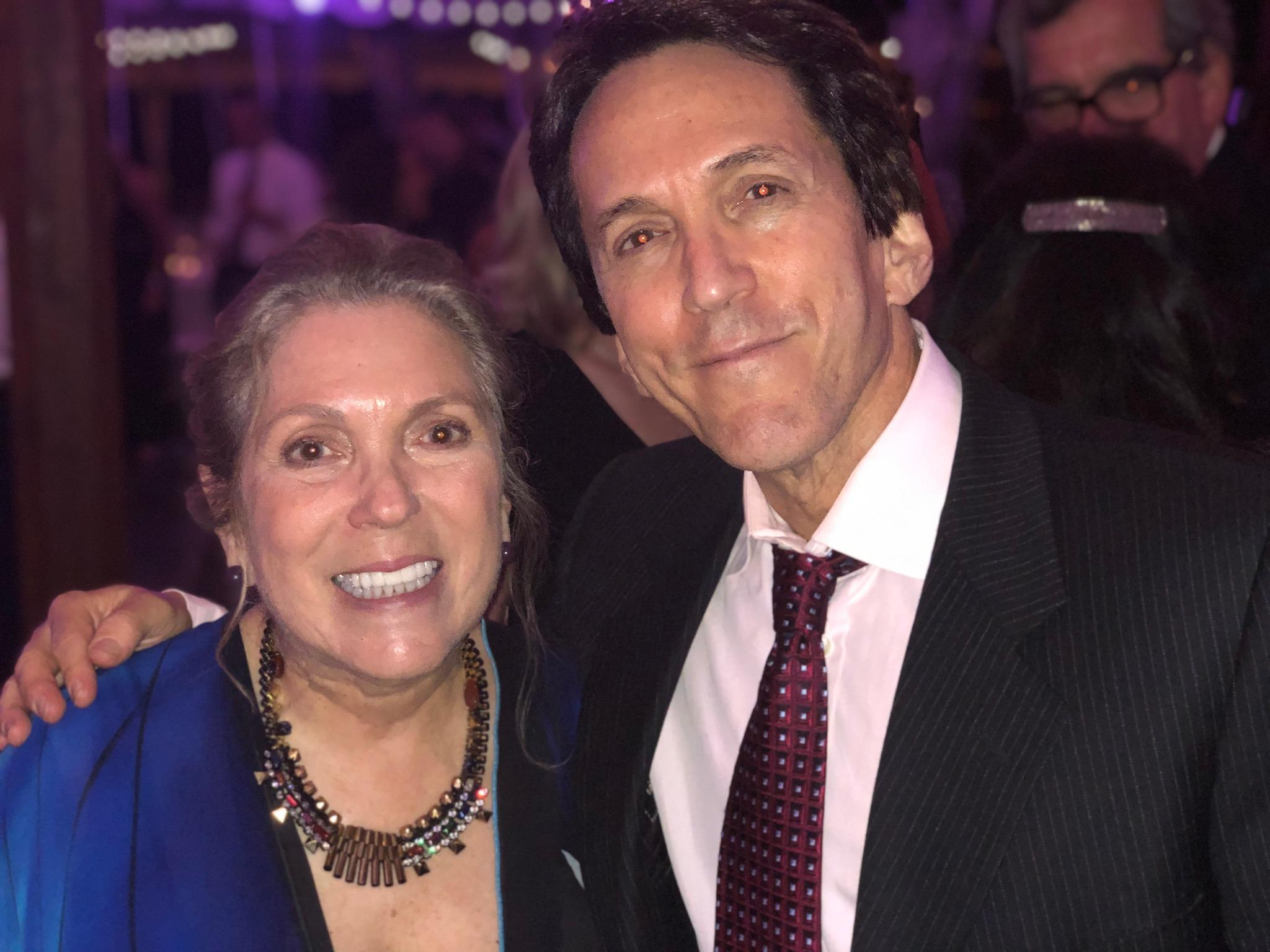 |
No one gets left behind
Maybe it does. But I think Cara would have done it anyhow. She is a lifelong teacher, got her Masters degree in it, taught around the world as the wife of a Navy man who was constantly getting new station posts. She’s lived in Italy, France, Gibraltar. One of her two sons went to school in Africa. Upon a visit there, Cara heard a story.
“There was this man who was trying to teach about computers in his village. He didn’t have any computers, so he drew the image of a keyboard in the sand. And his students did the same. And they practiced as if it was a real keyboard.
“I remember thinking if that man can do that, then we can surely work with whatever limited resources we have.”
That has become our mantra in Haiti. Cara often says we don’t have a lot of resources, “but we are very resourceful.” How else could you teach 55 children in a school that borrows the Montessori teaching technique, runs half the day in English and half the day in French — yet needs to converse in Creole — and still aims to graduate children at age 18, ready to pass TOEFL exams and attend universities in the United States?
“We don’t try and fit the children into a model,” Cara said, “we model the school around the their needs. We individualize when we have to.”
And we often have to. Kids coming from traumatic backgrounds, extreme poverty, no parents, emotional issues, abandonment issues. Mixing them all into a single school is a huge challenge. It’s the reason why some of our classes only have three kids. They need that much individualized attention.
They get it.
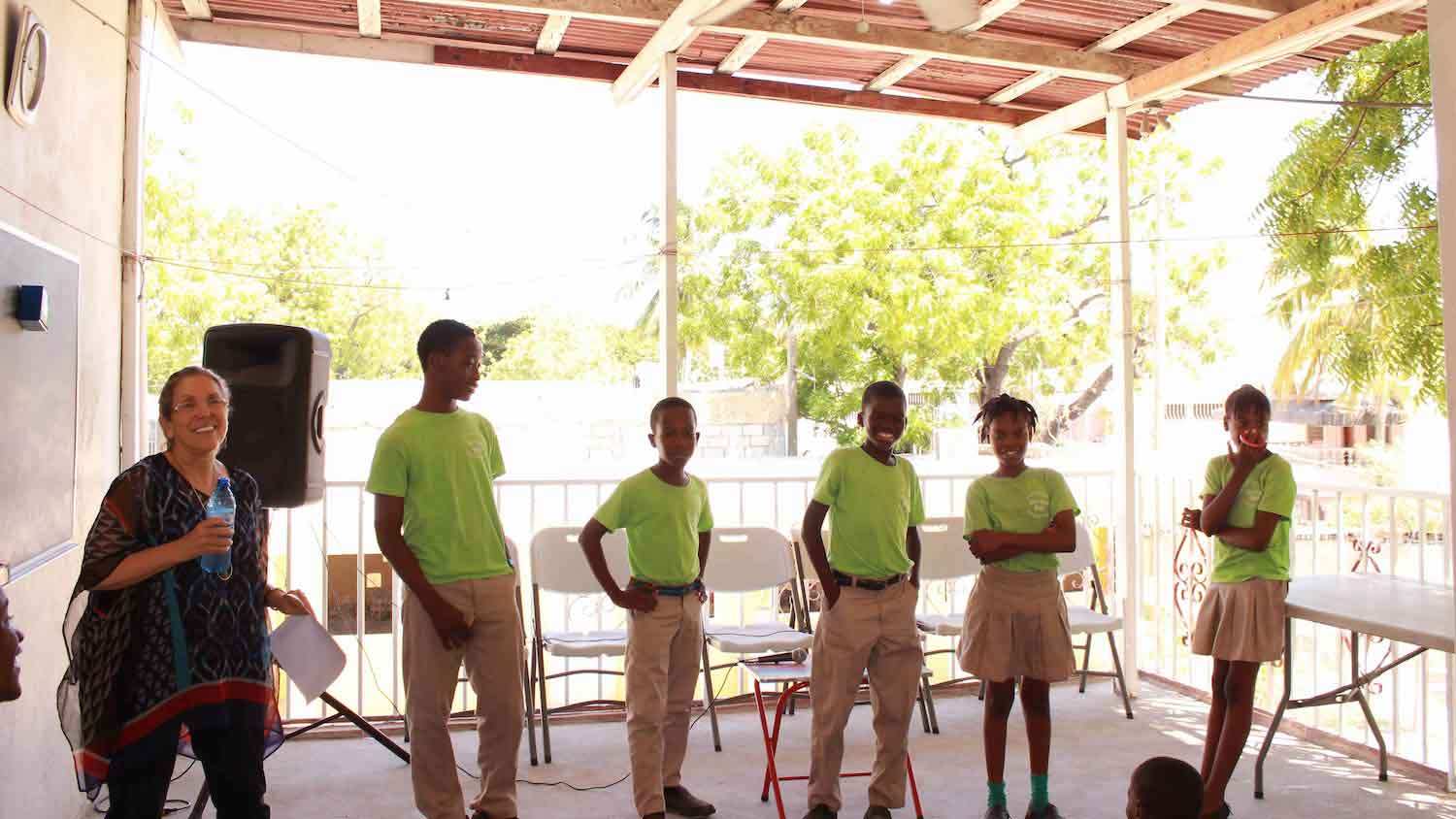
Cara moderating the annual spelling bee. |
Vocation, in the truest sense of the word
Cara’s married name is Nesser, so people don’t often know she is my sister. If they looked at us side by side, they would. We both share a strong resemblance to my father, who was the first generation in his family to go to college. My mother never got the chance. But they both made education a top priority in our lives.
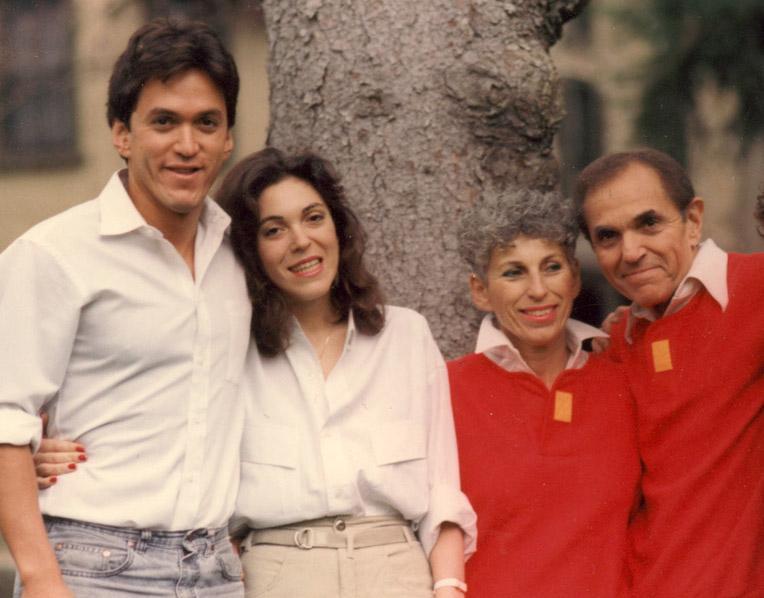
Mitch and Cara and their parents, Rhoda and Ira Albom |
Only Cara made education her vocation, however. I marvel at the 60-plus hours a week she puts into it. Whenever I see her, she is on her computer writing lesson plans. Whenever I call her, she is doing the same. When we bring kids to Michigan for medical treatment, she sends individualized teaching sheets so we can home school them and keep them current.
She has introduced geometry, calculus, biology, chemistry, philosophy, Haitian history, even sign language classes to our curriculum. She could be earning respectable money teaching anywhere in the world. Administering in a university.
Instead, she dedicates her days, weeks and months to orphans.
Here is the difference it makes. Before we built our school, we could only hope the challenged Haitian schools were teaching our kids. With Cara, we elevated to another level. Now, in addition to shelter, food and medical attention, we can insure every child gets proper educational attention. Every child has a chance at a career. Every child has a shot at joining the one percent of Haitians who ever get to attend college.
Our school, quite simply, is the jewel of our orphanage. Cara Nesser is its heartbeat.
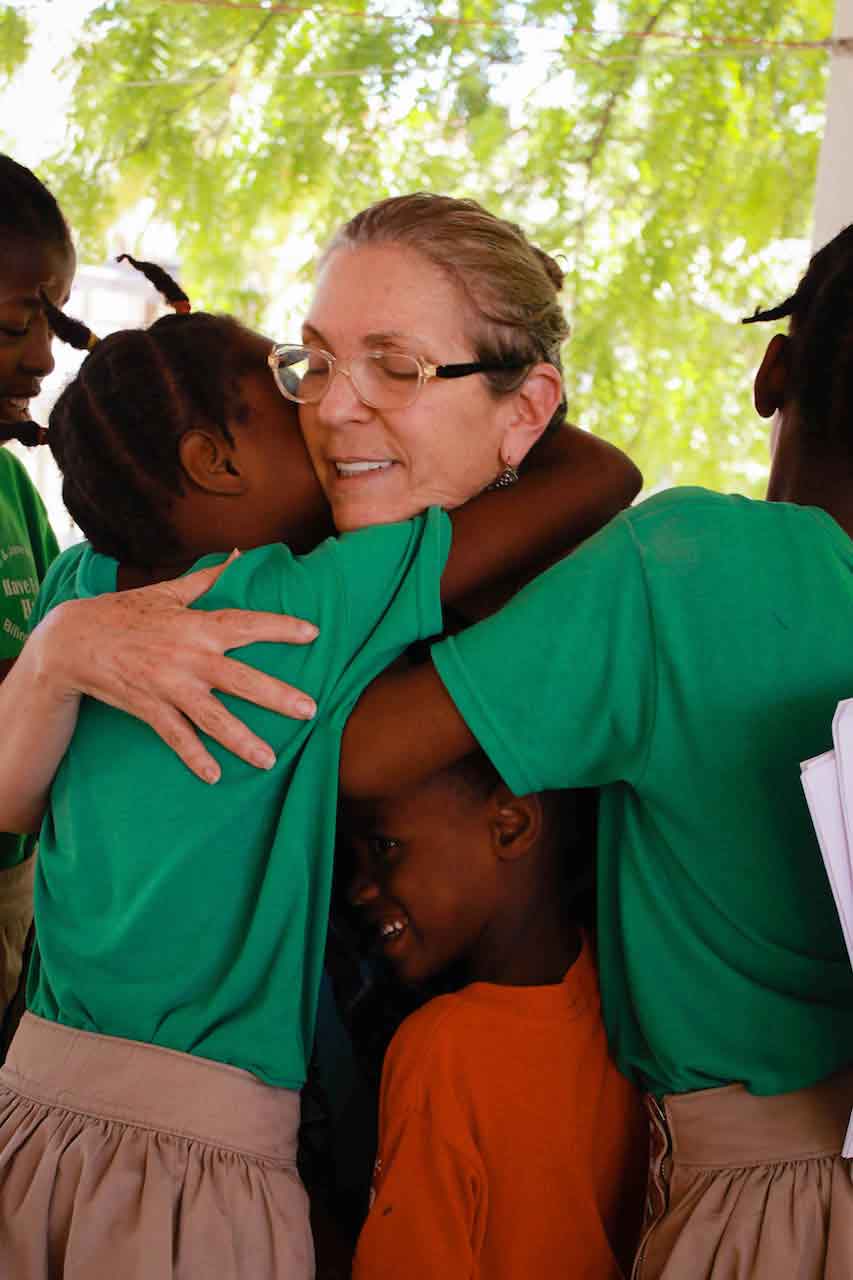 |
I remember those childhood days, sitting in the semi-circle, listening to my sister pretend she was a teacher. I don’t remember why I did it. I guess I could have gotten up and walked away. But I didn’t. She commanded my attention then. She commands my respect now.
Here is the second part of her answer as to why she said yes to our orphanage 11 years ago:
“Because I believe a good education is the right of any child, anywhere on the planet. That’s really all.”
I was wrong when I said she wasn’t teaching me anymore. She still is.
_____________
You support makes education possible in Haiti
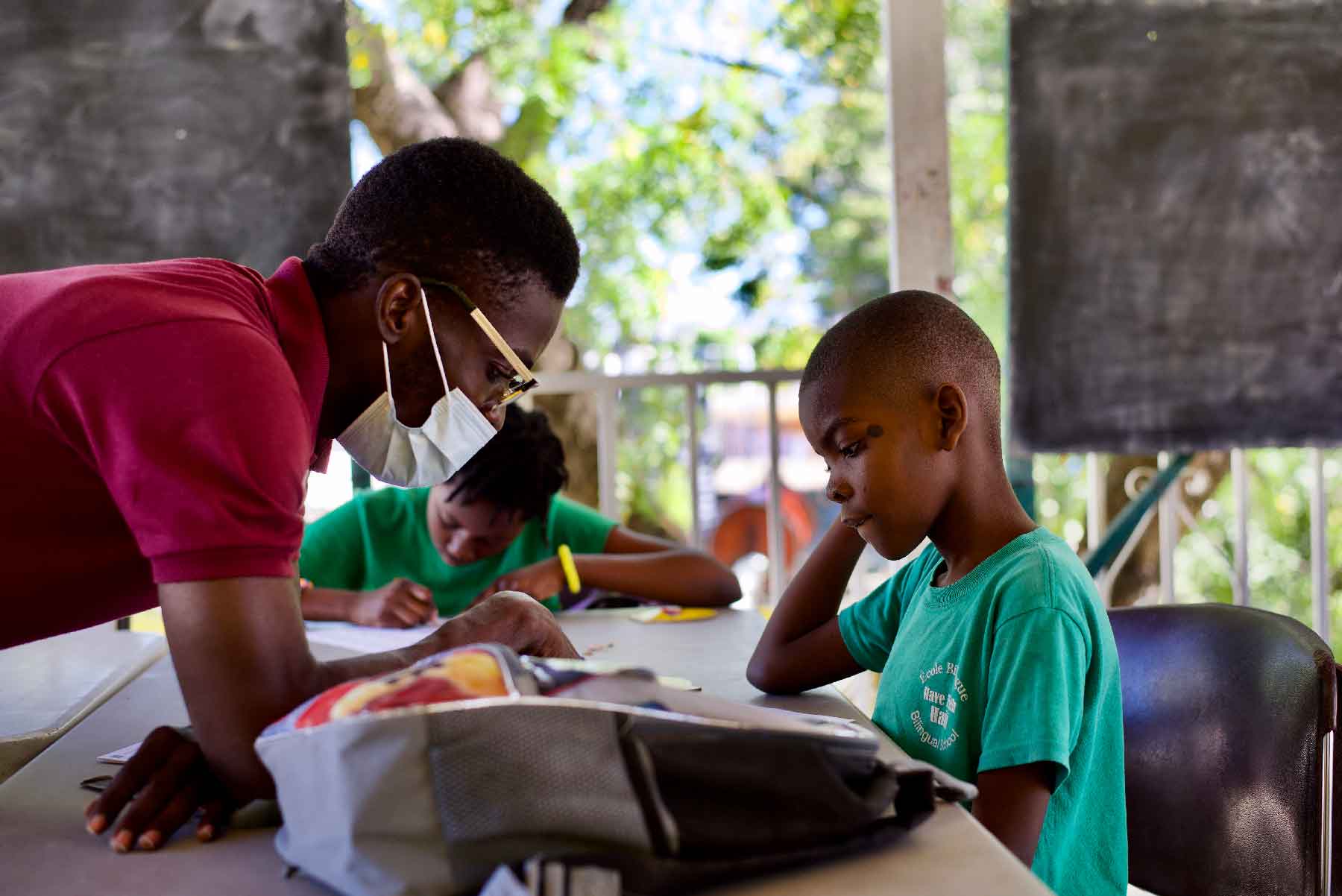
Photo credit: Danielle Cutillo Photography |
A plaque on “The Jim and Jane McElya School of Hope” and quotes Proverbs, reading: “Train up a child in the way he should go; even when he is old he will not depart from it.” It is the philosophy of the school and its many teachers. A premium subscription brings more resources to the bilingual school at Have Faith Haiti.
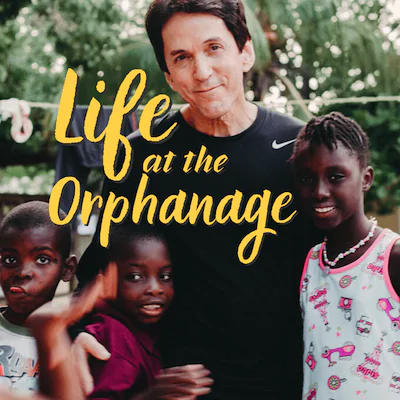
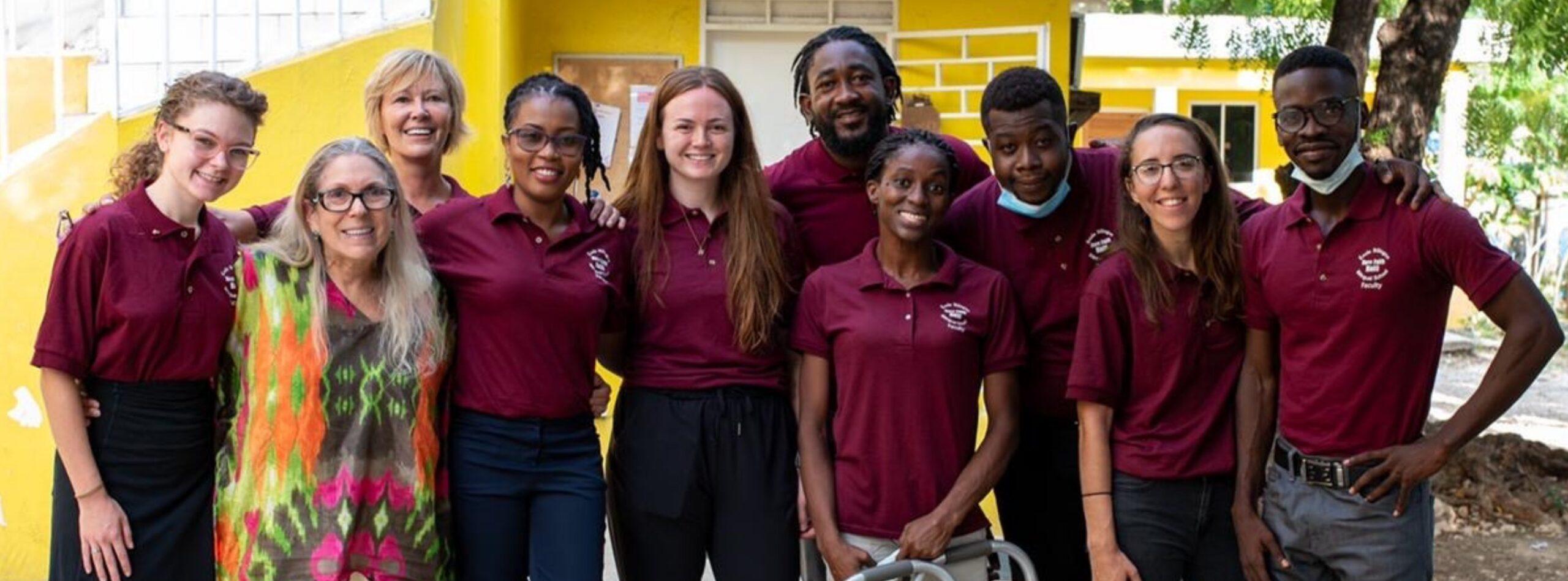

 Join a community of monthly donors
Join a community of monthly donors
0 Comments